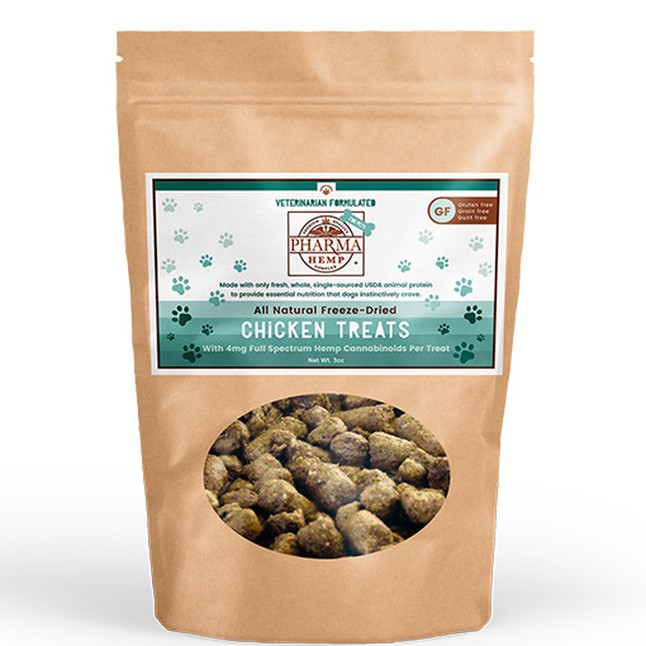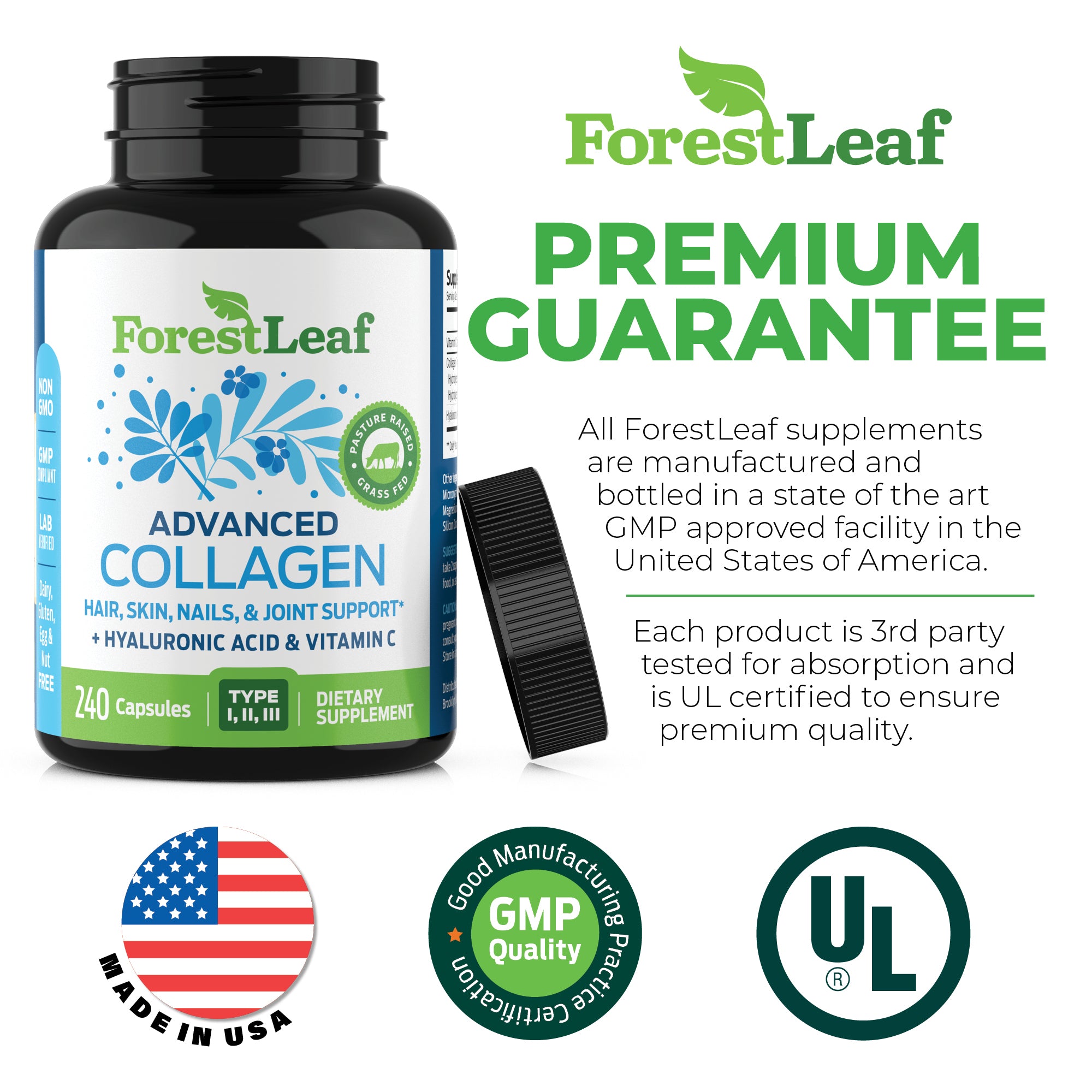
CBD patches offer a convenient alternative to taking cannabidiol orally or by sublingual injection. They are used to treat pain but can also help you sleep or manage anxiety.
The Best Cbd Pain Patch
A good cbd patch can be used by anyone to relieve aches and pains, and they're available in a variety of doses to suit your needs. For example, a small dose of cbd patch can help you to get through the day without feeling too much pain, while stronger patches provide more relief.
It's important to choose a CBD patch that's made with high-quality hemp that's free of pesticides, heavy metals, and microorganisms. You should also choose a CBD patch that is organically certified and has undergone safety testing.
Hemp Bombs' cbd patches soothe skin with menthol and lidocaine and deliver quick and effective relief. Each of the two packs contains 50 mg premium CBD extract. According to the company, this extract can reduce swelling and irritation.

The menthol and lidocaine in these patches can also help you fall asleep faster, which is a key benefit for people who have trouble sleeping due to pain. These patches are easy-to-apply and can stay on up to 12 hour.
A patch that contains melatonin is another popular choice for people who want to improve their sleeping patterns. These patches cost $6.25 and are ideal for people who struggle to fall asleep or stay asleep.
Muv's transdermal CBD extended-release patch uses "Evolve Encapsulated technology" to deliver a precise and controlled dose of cannabidiol. This helps to increase the permeability for cannabinoids. The result is it can deliver 0.4mg of CBD an hour, which means that the product is more absorbable.
These patches do not go through the first-pass metabolism, which typically destroys 90% of CBD. The patches reach the bloodstream directly via the skin. This is where the CBD should have the most effect.
The patches can also be easily removed or replaced, making them a great choice for those who have sensitive skin. The patches come in various sizes including small and larger so that they can be used on different parts of the skin.

This CBD brand is one of those that has the most transparency on the market. Their products are tested five times before being put on sale. The brand uses an ISO 17025 lab to make sure that their products are accurate and safe for use.
This company offers other products to target specific conditions, such as cbd for insomnia and cbd for anxiety. These products have been tested for safety and contain only natural ingredients, so they're a safe and effective way to manage chronic pain and improve your quality of life.
FAQ
How do prices for CBD differ across states?
Prices for CBD products are dependent on where you live. Prices can vary up to ten times, in fact.
Prices increase in the north. In Alaska, CBD is $35 per gram on average, while it costs $200 in Hawaii.
This trend is continuing across the country. Prices can range from $5-$2,500 per gram.
Why is it happening?
The varying levels and regulations of cannabis regulation are one reason prices can vary widely. Some states require CBD products that contain very little THC, the psychoactive component of cannabis. Others don't care about the amount of THC present.
Some companies may choose to sell their products first in one state before shipping them to another.
How can CBD products be promoted in a legal manner by CBD companies?
The FDA does not regulate hemp as an agricultural commodity. The FDA regulates cannabis derivatives (e.g. marijuana) under the Controlled Substances Act. CBD has yet to be subject to specific regulations.
CBD is legal in 29 states. However, federal law still considers CBD illegal. This creates uncertainty for businesses looking to sell CBD products.
The FDA also maintains strict guidelines on how CBD products may be marketed. For example, they must clearly disclose any product's THC content. Without scientific evidence, companies cannot claim CBD treats certain medical conditions.
Additionally, the FDA requires manufacturers submit information about manufacturing practices and quality control. They require companies to carry out clinical trials to prove safety or efficacy.
These are important considerations for companies when creating their marketing strategies.
Which states use the most CBD?
California, Colorado and Oregon are the top three states. These states have large populations and high incomes with low unemployment. They also have a higher number of hemp farms compared to other states.
California leads the pack because its economy heavily depends on agriculture. It produces much of the nation's fruits and vegetables. This makes sense since cannabis is derived from the same plant as hemp.
Oregon and Colorado follow closely behind as both states produce medical marijuana. California and Oregon, however, don't allow recreational use of marijuana.
Other states that are highly ranked include Washington, New York. Florida. Illinois. Pennsylvania. Mississippi.
What are the most effective uses of CBD?
The best use for CBD is as an alternative treatment for anxiety. You can also use CBD to treat anxiety, pain, insomnia, epilepsy and inflammation.
CBD can be taken in many ways. CBD can be taken in many different ways.
Consuming CBD has many benefits. It has been shown to help people suffering from chronic pain, PTSD, anxiety, and more.
Does CBD have a future?
The answer is yes. This isn't because of the medical benefits it offers, but because of how it makes people feel.
It is a great alternative to prescription drugs because it doesn't make your feel different.
And as we know from studies, there is a lot of evidence showing that cannabis helps with pain relief, anxiety, depression, insomnia, and many other conditions.
Cannabinoids found in cannabis also interact with the receptors in our brains. This interaction leads to feelings of relaxation.
So if you're interested in using cannabidiol (CBD) oil for health reasons, then it's important to understand what exactly it does and how it affects us.
Is CBD a good place to invest?
As people learn more about the benefits of hemp-based products, the market for them continues to grow. The market for hemp-based products could reach $1 billion by 2022, according to estimates.
Market growth is expected at an annual rate in excess of 20% up to 2020, when it will reach $2.5Billion.
Hemp oil has been used in many beauty products and health care products including creams, lotions.
Many companies also make CBD-infused snacks, pet food, treats, and other food products.
CBD is currently legal in all 50 states, although this may change soon. CBD will become more widely used as a legal substance in the future. This will allow businesses to be more legally able to do business.
With all these factors in mind it is clear that CBD investing can prove to be a lucrative venture.
What is the future in CBD?
The future of the CBD industry is bright. It's clear to see why so many people have jumped on this industry. With CBD products making up over $1Billion worldwide, it's easy for people to see why this market has grown exponentially.
Statista reports that in 2019, global sales of CBD (cannabidiol) are expected to exceed $22.4 Billion. This is almost 200% more than 2018!
It is also expected that the CBD market will grow at a compound annual growth of 22.5%. That would translate to approximately $6.8 million in revenue by 2020.
This is great news not only for existing businesses but also for companies looking to get into the sector. We must remember that the CBD market still has a lot of work ahead.
Statistics
- A recent systematic review of human trials also reported that individuals with epilepsy receiving CBD (5–20 mg·kg−1·day−1) were more likely to experience decreased appetite than those receiving placebo (i.e., ~20 vs. 5% of patients) (ncbi.nlm.nih.gov)
- HR −16 mmHg; 95% CI −26, −6; I2 = 92%) (ncbi.nlm.nih.gov)
- however, one study also found that these effects were virtually abolished when the original media (a nutrient broth agar) was replaced with one containing 5% blood (increasing the minimum concentration to ~160 μM CBD) [179]. (ncbi.nlm.nih.gov)
- CBD seems unlikely to directly influence sleep in healthy humans [115] (and maybe “sleep-promoting” in those with certain comorbid conditions) (ncbi.nlm.nih.gov)
- As a substance that was federally illegal before the passage of the 2018 Farm Bill, hemp-derived cannabinoids with no more than 0.3% THC still face a regulatory grey area. (forbes.com)
External Links
How To
What are the most common problems in the CBD industry?
The current market for CBD-based products is expanding at a phenomenal rate. However, this market is still full of challenges for businesses that want to expand. There are many challenges facing businesses looking to enter this space, including low consumer awareness, high costs of entry and limited access to capital.
Many people are not aware of what CBD is, or how it functions. They are unable to make an informed decision about buying CBD products.
CBD companies are heavily dependent on word-of–mouth marketing. This is expensive as they must pay advertising costs and to hire staff to market their brand.
Another issue facing new entrants into the CBD industry is the high cost of production. CBD products can be very costly because of the cost of the raw materials. CBD oil can only then be produced if the hemp has been grown in a specific environment.
Growing enough hemp to make CBD oil takes around $1,000 per acre. As a result, many small farmers cannot afford to start.
A lack of capital access is another issue that new entrants will face in the CBD marketplace. Banks discourage many people from starting a business because of the stigma attached to this industry.
The sale of CBD products is still subject to regulatory uncertainty. There are currently no guidelines on how CBD products should marketed.
Although states have passed laws restricting CBD products sales, these policies are not yet national.
Only Nevada and Maine have already legalized recreational cannabis.
Massachusetts and Michigan have considered similar measures.
These changes could increase competition among CBD manufacturers.
As a result of these factors, many entrepreneurs choose to work from home rather than start a physical business.